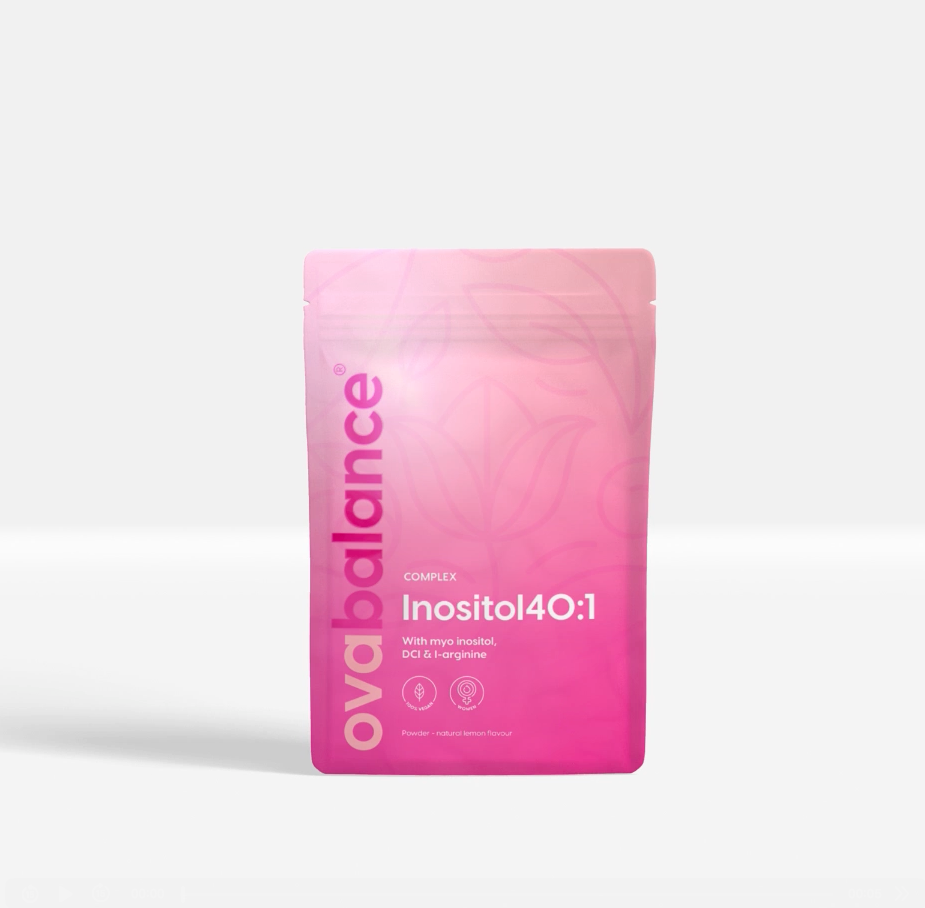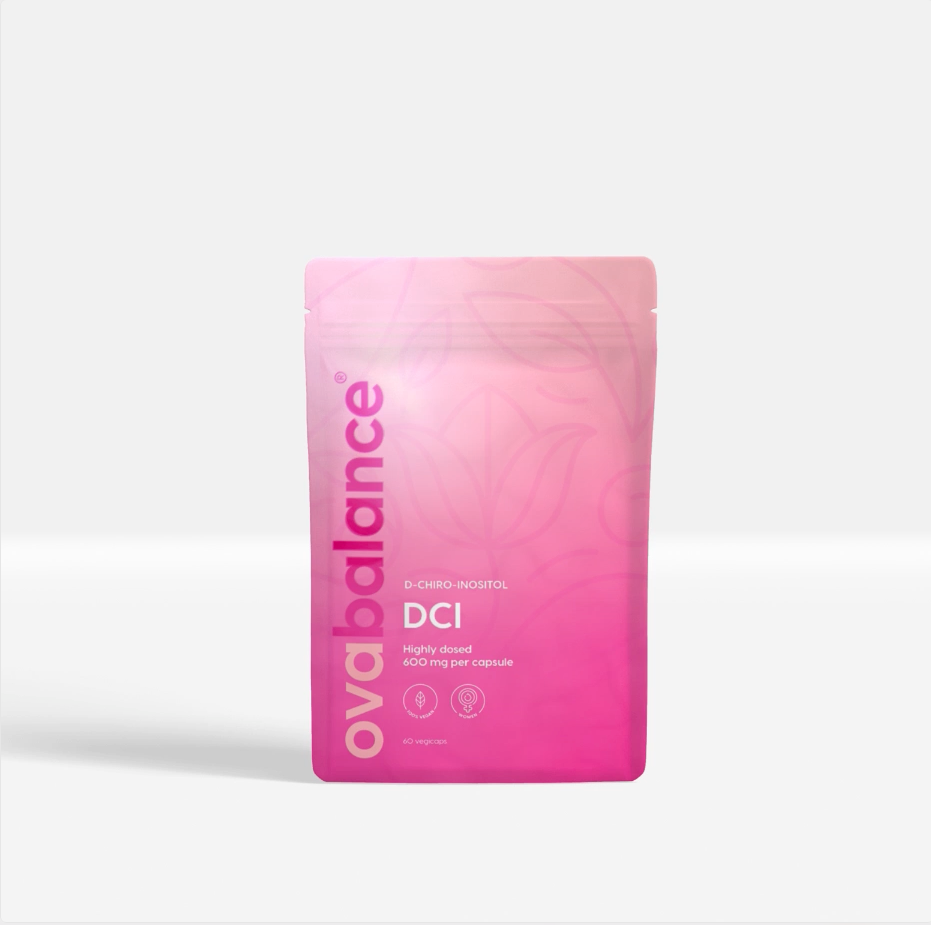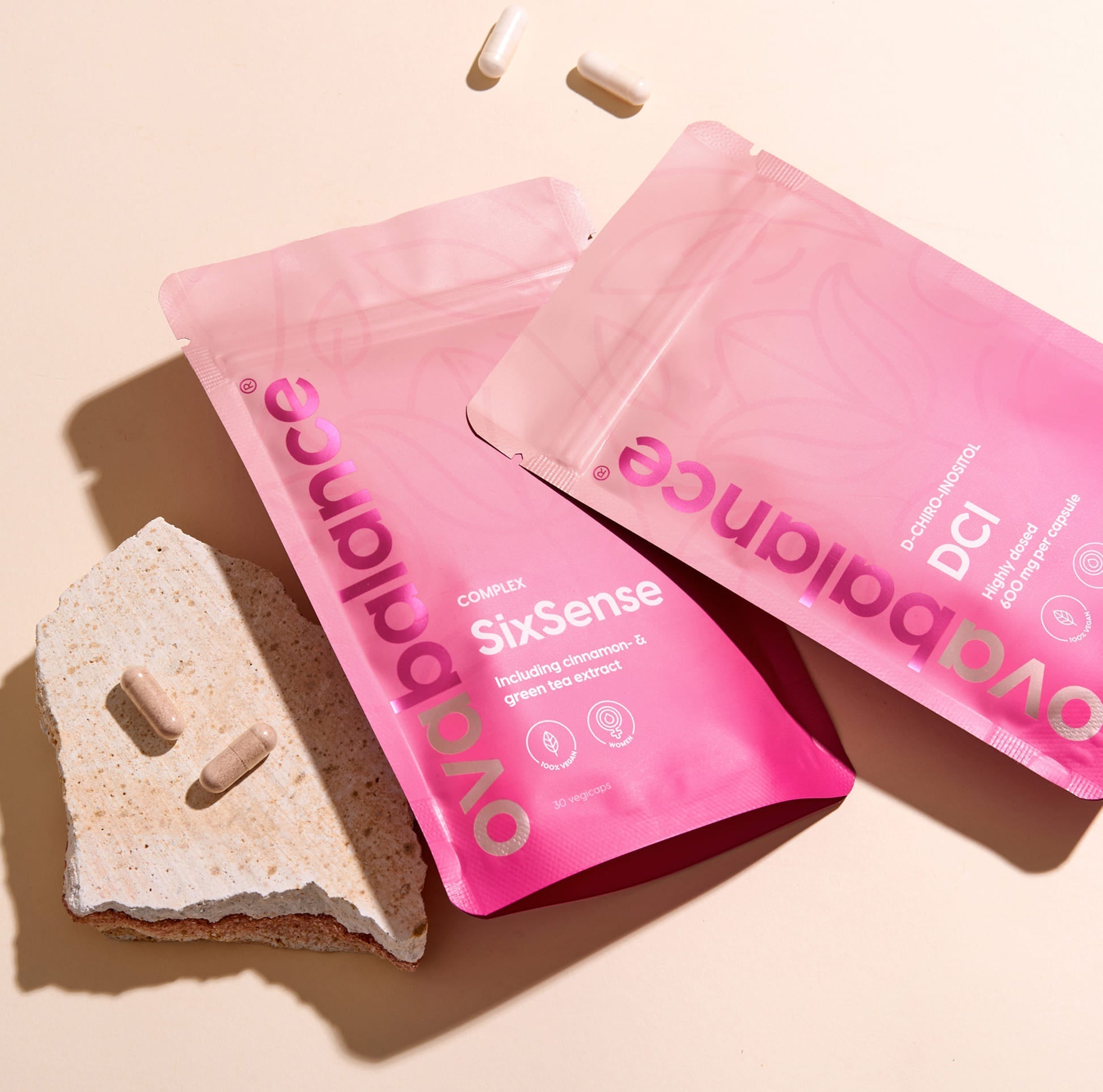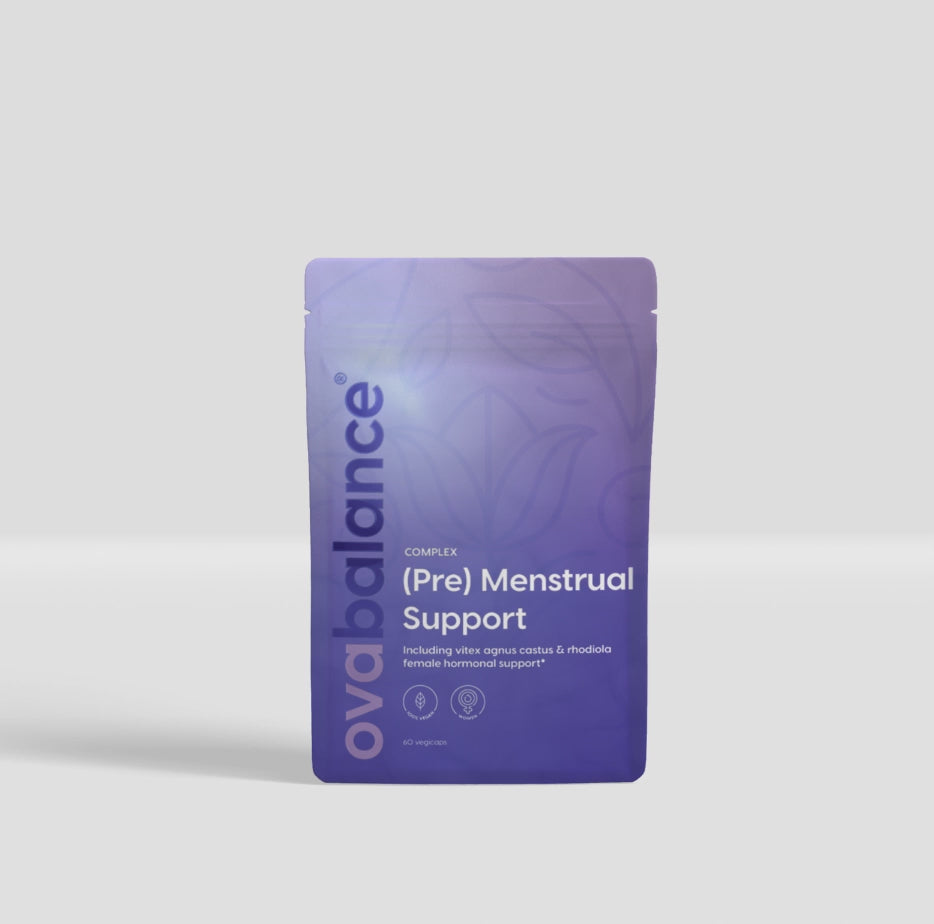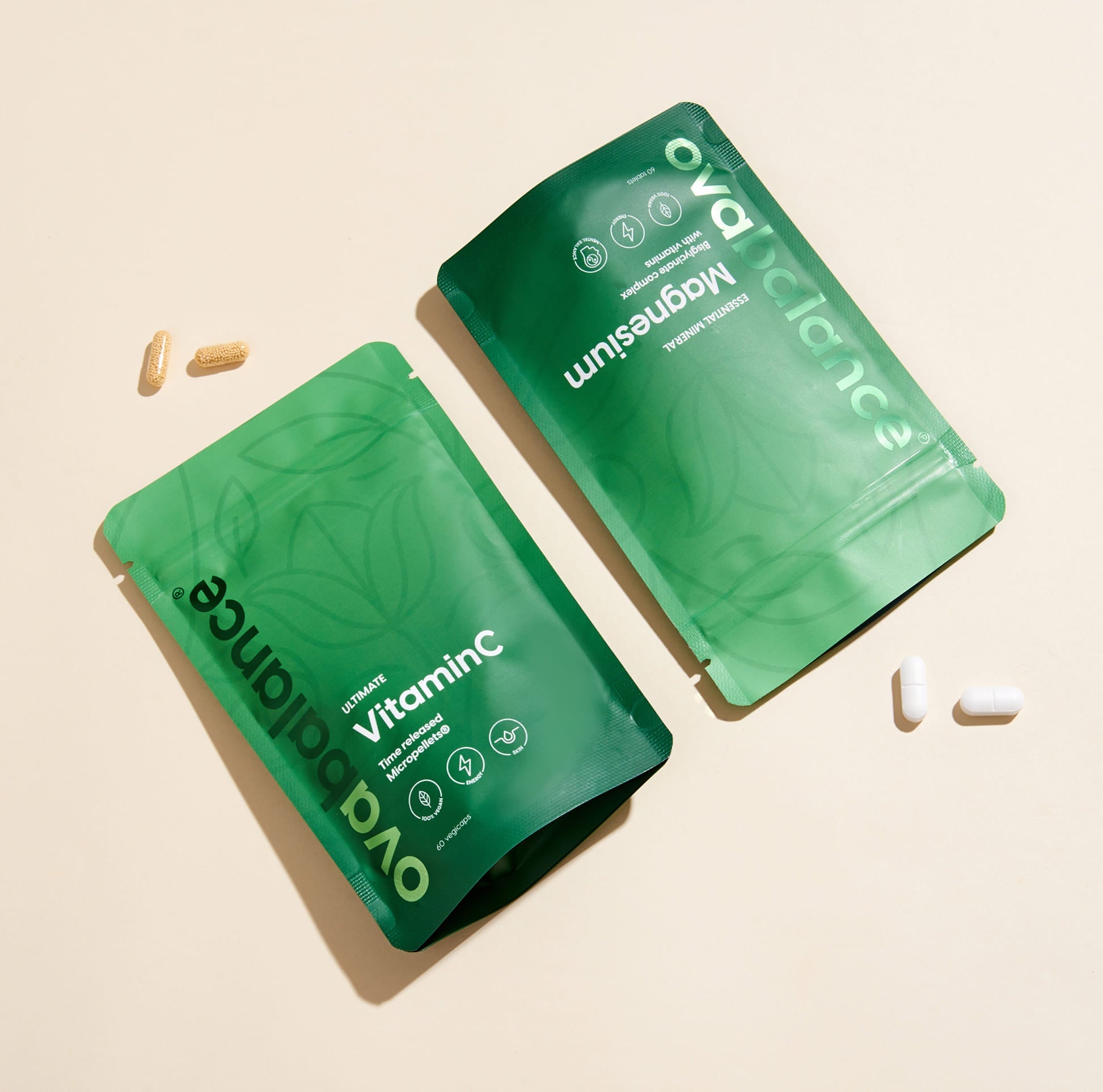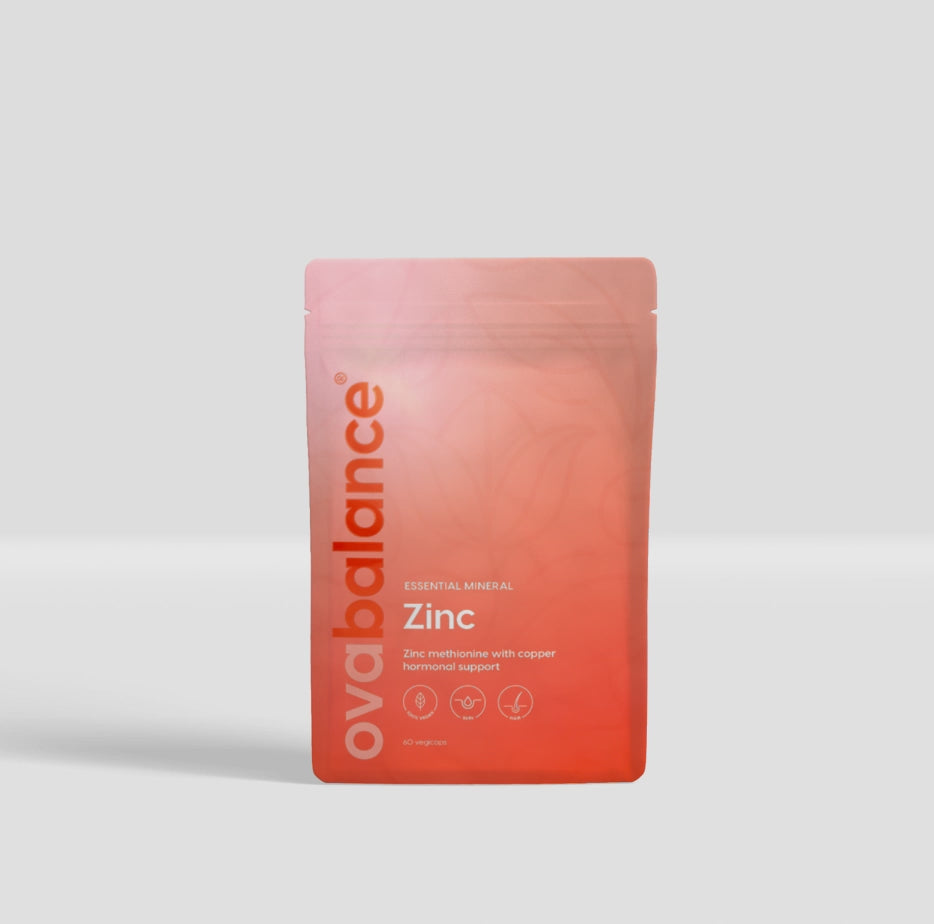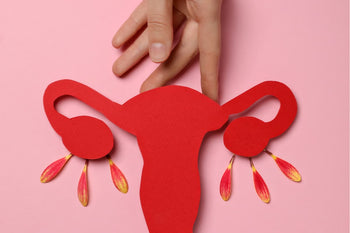

Discomforts during menstruation , almost every woman has to deal with it in her life. A few women cycle through it with ease: no physical symptoms, no mental discomfort, a regular cycle and normal blood loss. However, for most women this is a utopia.
It is also special that menstruation is still a taboo. Despite the fact that a large part of the world population is affected by it in some way, it is hardly talked about. We are going to change that and are going to talk extensively about monthly blood loss and the complaints during menstruation.
What is menstruation? What are the symptoms of menstruation and are there supplements that help with menstruation? Time for a lesson in 'the misery that is menstruation'.
What is menstruation?
We do it every month: bleeding, menstruating, having our period and so on. Yet, little attention was paid to it during biology class. Strange, because menstruation is essential when it comes to fertility and therefore new life.
Menstruation usually starts between the ages of 10 and 15. Menstruation ends after a period called menopause. This period ends on average around the age of 51. So you have your period for a long time, namely about 7.4 years of your life. A woman ovulates about 500 times in her life. Usually this is not fertilized, which means that the body rejects the egg cell two weeks later together with the uterine lining. This is the 'blood' that you see in the toilet bowl every month. In short, your period has started. On average this lasts a maximum of seven days and can cause complaints.
Menstrual discomfort
Did you know that as many as 84% suffer from menstrual discomfort? Mild symptoms such as light cramps during menstruation are normal. Your uterus contracts during menstruation and this can cause some pain. But we are not talking about pain that makes you stop what you are doing or need painkillers.
However, it can also be that your discomfort is very severe, so that you simply cannot function. Always go to the doctor in this case.
Many of us have been taught that period pain is normal, but it is not.
There may be underlying causes. Think of a fibroid, the aftermath of a fallopian tube infection or a congenital abnormality in the uterus. There may also be fibroids, polyps, pelvic inflammation, endometriosis, reduced thyroid function, blood clotting disorders, stress and/or problems with the IUD.
Menstrual discomforts that you may experience include:
severe cramps
sore breasts
headache
back pain
diarrhea
bloated feeling
fatigue
nausea/vomiting
mental complaints such as mood swings or negative feelings
Important to know: you don't have to walk around with these symptoms. In addition to the doctor's advice, it is always good to see what you can do yourself about your menstrual discomfort.
Menstruation book tip
If you want to know more about your cycle, the book "the cycle strategy" might be something for you.

A book that teaches you to look at your menstruation more positively (after all, it is a sign of fertility) and also teaches you how to best move with your cycle. Clear explanation of your cycle and which hormones play a role. Through more knowledge, you learn to listen more consciously to the signals of your body and you can even adjust your activities to your cycle.
Missed menstruation
When we think of menstrual complaints, we often think of a heavy period and the associated symptoms, but a missed period can be just as annoying.
Your period is a sign of fertility. When it doesn't come, it's something you can be concerned about. Of course, there are situations where it's perfectly normal for your period to be absent. Think of pregnancy or when you're breastfeeding. Even when you're in your first year of menstruation, it's possible that your period has yet to start and isn't regular yet. The same goes for menopause.
If the above situations do not apply to you, you can look for other causes.
Have you lost a lot of weight or are you suffering from stress or depression? Then it is possible that your hormones are out of balance and that this affects your menstruation.
PCOS can also be a cause of a missing or irregular menstruation. When a woman suffers from PCOS, the levels of various hormones are out of balance. Normally, eggs grow in follicles on the ovaries. These follicles burst open (this is your ovulation), making you fertile. In women with PCOS, the follicle does not burst open but continues to grow. Eventually, these become cysts. This disruption in the process can therefore cause (temporary) infertility, a disrupted menstruation and hormonal imbalance. If in doubt, it is wise to always contact your (family) doctor.
In accordance with legislation, we keep supplementation information separate from the promotion of our products. If something is unclear and you have a question, please feel free to contact us .

